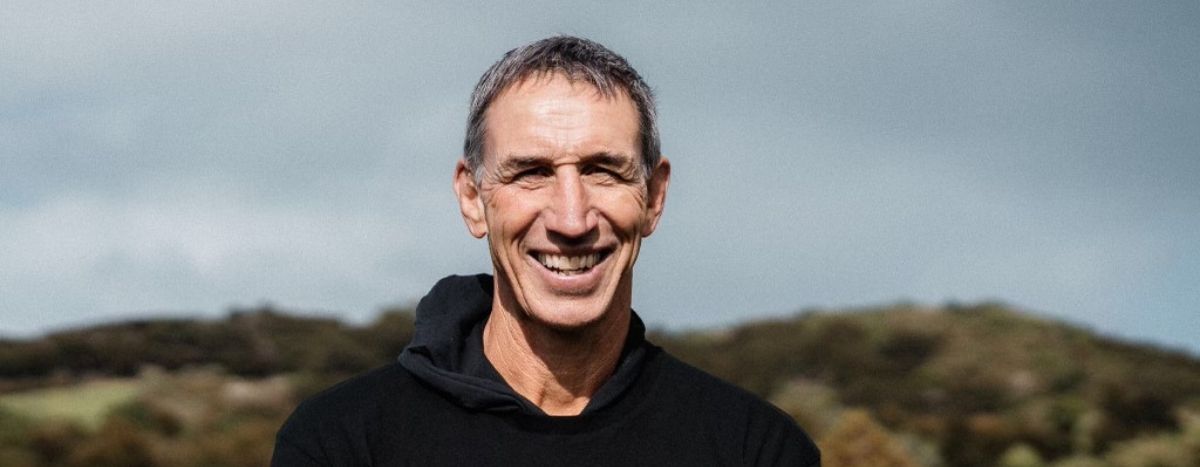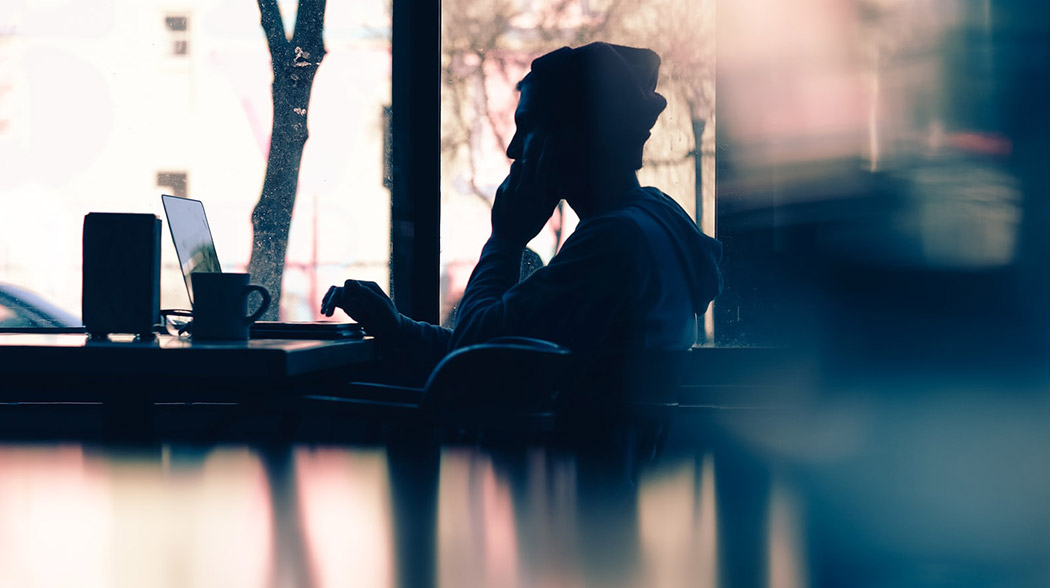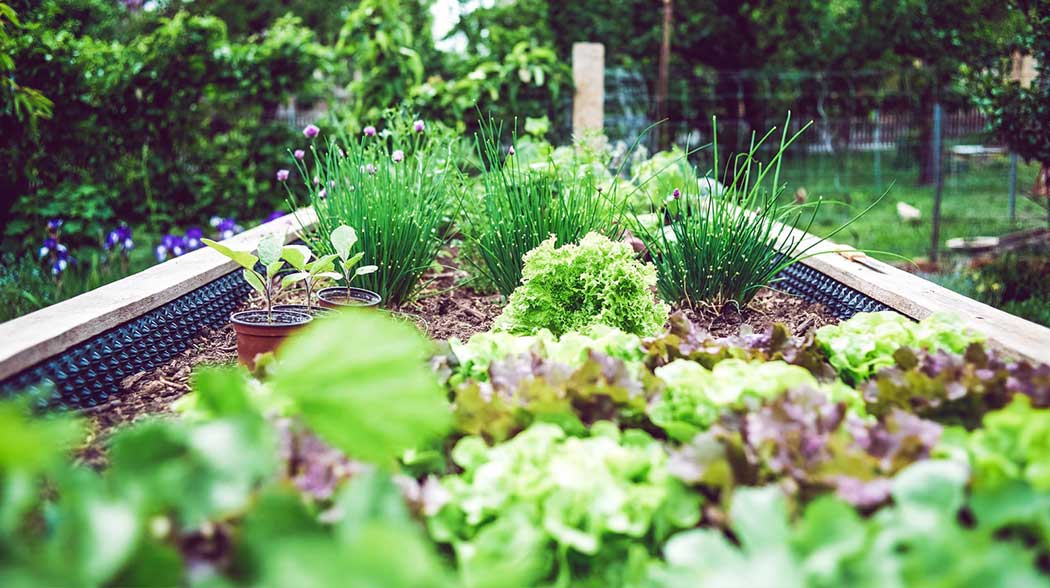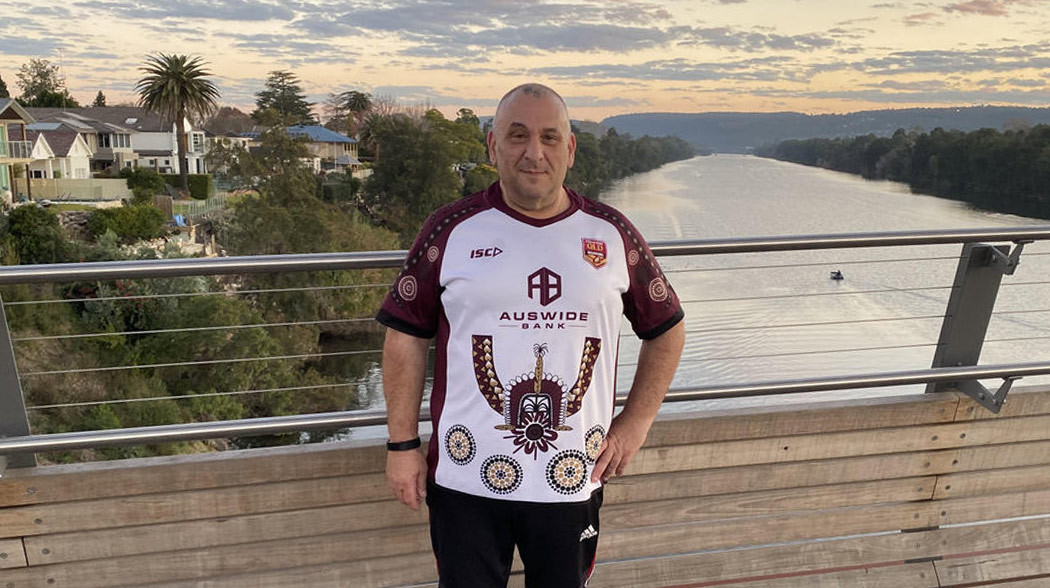Climate change is intensifying – a 2021 report from the Intergovernmental Panel on Climate Change (IPCC) said that if there weren’t immediate and dramatic reductions in greenhouse gas emissions, limiting global warming to 1.5 or 2 degrees Celsius will be beyond reach.
While it may seem like an insurmountable issue, AIA Vitality Ambassador Ian Jones wants us all to remember that whatever we do has an impact on our environment.
“We all have a personal responsibility to look after our planet,” Ian says.
“We have to maintain and protect what we have for our tamariki, our mokopuna. No matter how small you think your contribution is to overall sustainability and caring for the planet – all of it matters. Don’t ever say, ‘this problem is too big for me, what’s me recycling or picking up my rubbish going to do?’ Be the one to make a difference and the one to lead change, and others will follow suit. When we all play our part – no matter how small – it makes a big difference.”
We benefit from caring for our planet
Caring for the environment brings a wealth of physical and mental health benefits. Some of these reference the 5590 statistic – the 5 non-communicable diseases that lead to over 90 per cent of deaths in New Zealand. For example, studies have shown that noise and air pollution have links with diseases like Alzheimer’s, and improved air quality reduces the occurrence of respiratory disease.
There are mental benefits too. When we spend time outdoors, our levels of cortisol – a hormone linked with stress – decreases. Australian AIA Vitality Ambassador and Environmental Scientist Tim Jarvis notes that nature is something we “can pay indirect attention to,” which produces a soothing effect on the brain.
“If you think of the Australian bush, it’s peaceful and harmonious – you don’t need to devote a lot of mental energy to be among it,” Tim explains.
“From an evolutionary perspective, this is ideal. In the urban world, our brain needs to work incredibly hard to process all the stimuli we’re surrounded with. Again, evolutionarily speaking, this isn’t a good thing – because the brain is constantly searching for danger. Our natural state is to be using indirect attention, absorbing the environment around us.”
How we can get involved
From picking up litter on our daily walks to starting a food scrap compost bin or worm farm, there are a tonne of ways for your entire household to get involved in caring for the planet.
Ian recommends joining community events to socialise with like-minded individuals while collectively doing good for the environment. It’s something that he’s passionate about – he occasionally organises beach clean-up days and similar projects with his local community. “When people get together, you can do amazing things,” Ian says.
“You’re helping the environment, and you’re enriching your own life at the same time. You simply feel better when you’re helping out – whether you’re picking up litter on the beach or weeding a communal garden. It’s important to take small steps to not get overwhelmed with the magnitude of the issue.”
Be a role model for your children
While climate change is actively affecting us today, its effects will be multiplied for future generations – which is why we need to teach our children about its potentially irreversible impacts. As with most lessons in life, the best way to teach something is through action.
Tim Jarvis is a huge advocate for this, and regularly takes his out for camping holidays and weekend bushwalks. “It’s never too early to speak with your children about climate change – and it’s a lot easier than you might think,” he says.
“Show them the things they can do in response, like growing native plants in the garden, using less electricity and making lifestyle changes like walking or riding a bicycle to work. While the scale of the challenges we’re facing is vast, it’s reassuring to show your children that we are acting. Get creative, approach the topic in a positive light and be proactive with solutions you can implement as a family.”
It’s a sentiment echoed by Ian, who once promoted his daughter to the “recycling leader in the house”.
“Kids love responsibility,” Ian explains. “After putting my daughter in charge of recycling, she became very passionate about what was right to throw out, and what to recycle. This taught her how to handle responsibility and educated her about sustainability at the same time. Our children constantly monitor our behaviour and they’ll follow your actions as they grow up – so it’s up to us to be positive role models for them.”






